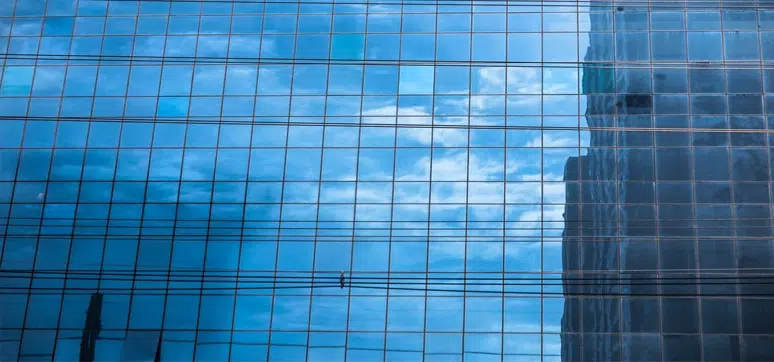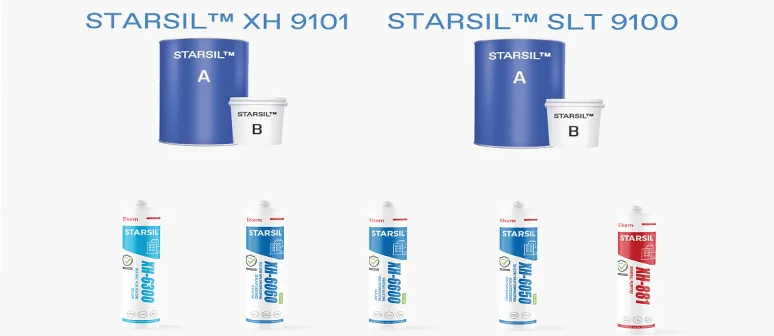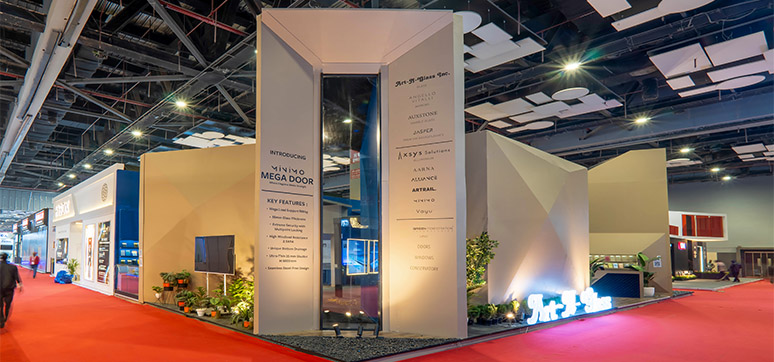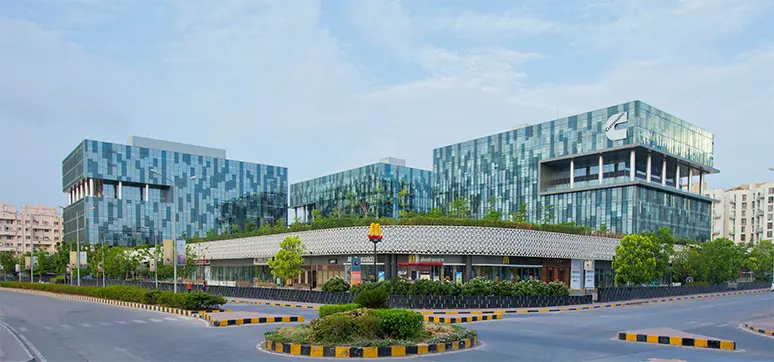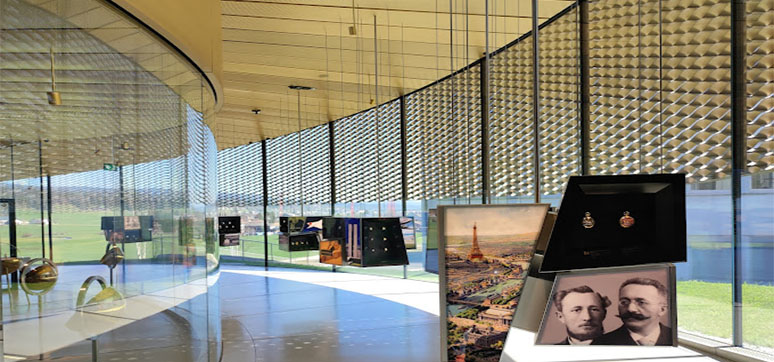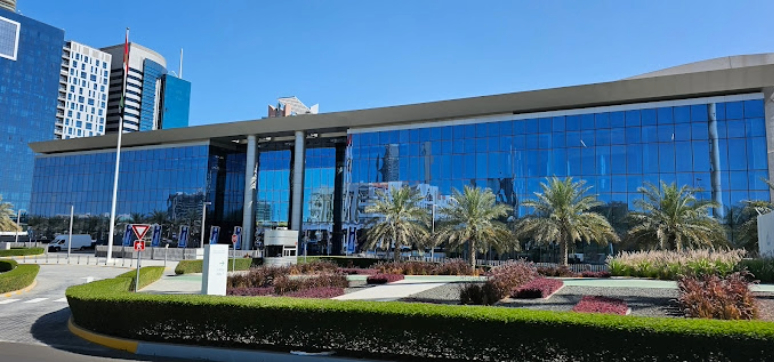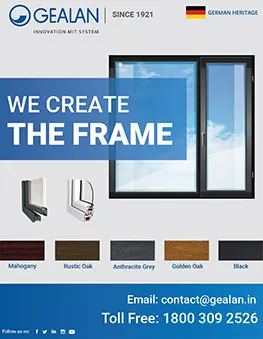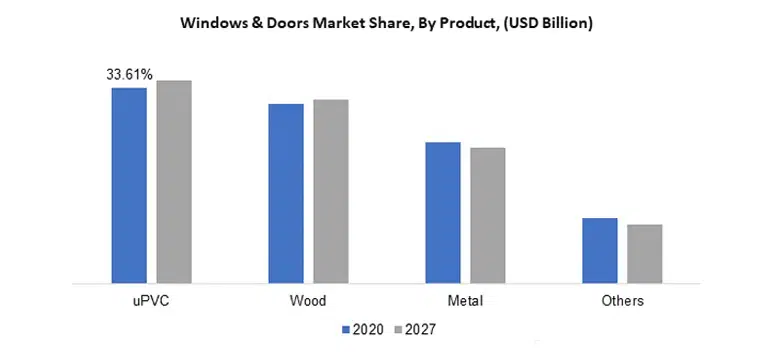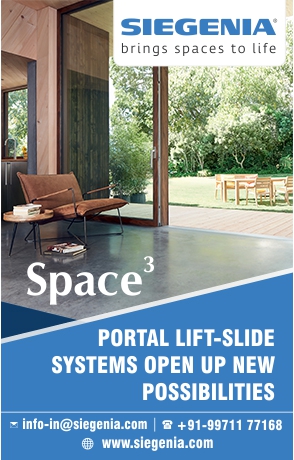Improving the Consistency and Quality of the Processed Glass Used in the Construction Industry
By: P. Jothi Ramalingam, Winwall Technology India Pvt Ltd
Glass is an essential part of the construction industry and is extensively used in facades, windows, doors and hand railings apart from its use in special furniture, interior partitions and skylights. As a matter of safety, all the glass used in construction must be further processed, depending on its application, to increase its energy efficiency, structural strength, impact strength and breaking patterns. The need to ensure consistent performance of the different kinds of processes has been highlighted under Section 8 of the National Building Code 2016 under Glass and Glazing.
Float glass in India is manufactured by large well-established companies that have set up sophisticated facilities to produce products of international quality. However, all the glass produced by these float glass producers is not processed in-house by these manufacturers themselves and a large part of that processing is done by glass multiple glass processors located across India, most of whom are in the MSME sector.

In order to improve the safety of buildings the Govt of India issued a Gazette notification on March 20th, 2020, making it mandatory for all safety glass panels (toughened and laminated) which are used in buildings to carry the ISI mark. This essentially means that all the glass processors within India who supply glass panels to the construction industry must get their process audited and certified by the Bureau of India Standards (BIS) and the performance of the glass processed in their respective plants must comply with IS 2353 (Part 1) specifications. Furthermore, every panel of safety glass supplied to the construction industry must carry the ISI mark to confirm its quality. This directive will come into effect from 1st April 2023.
Therefore, all glass processors in India who wish to sell processed safety glass to the construction industry must submit a specified number of samples as per the norms set by BIS in the thinnest and thickest wall thickness being processed to a BIS-recognised laboratory for testing. If their products comply with the requirements set down by IS 2553 (Part 1) then they would have to submit their test report to the BIS and get the formal approval to use the ISI mark on each panel of glass being delivered to their customers.
This move by the Government will help go a long way in ensuring consistency in the quality of safety glass being used in the buildings. With rapid urbanisation and the increase in the number of high-rise buildings used for commercial or residential purposes, the focus has shifted to the safety of the large number of people using the building or moving around these buildings.
The glass processing industry will now have to move quickly to comply with the requirements set by the IS 2553 and get their facilities approved by the BIS to be eligible to service the needs of the fast-growing building construction industry. Presently, processed glass panels delivered by the glass processor to the aluminium contractor get directly into the glazing process and once the silicone is cured the aluminium panel is shipped to the site for installation. Most aluminium contractors presume that the quality of glass panels received at their factory complies with the required specifications. The quality of the processed glass is checked only if there is a major quality issue, which comes to the notice of the consultant or the project engineers. By the time this comes to light, the panels have already been installed and it’s too late to do any kind of rectification.
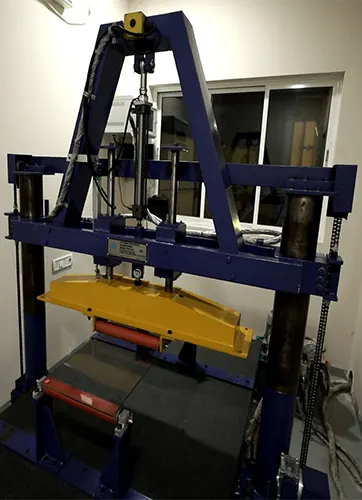
Glass processors can now take advantage of the services offered by performance testing laboratories recognised by the BIS for glass testing to test their product samples and use the test report generated to get their process certified by the BIS. Façade consultants too can make the testing of processed glass panels being delivered to the aluminium contractors, on a random basis, a part of their tender specifications to ensure the consistency of the quality of the processed glass installed at the sites.
This notification of the BIS will go a long way in raising the level of quality of safety glass being used in the construction industry and the BIS plans to extend the same norms for insulated glass panels too in the near future.
With glass being the preferred medium to clad the entire façade of the modern high-rise buildings being developed all across our country the need for more stringent quality control measures need to be put into place to ensure the safety of the occupants and the general public.
IS 2553 (Part one): 2018
IS 2553 (Part 1): 2018 is a standard specification released by the Bureau of Indian Standards (BIS) that outlines the requirements for architectural safety glass in buildings. The standard lays out the specifications for the quality, strength, and performance of safety glass used in architectural applications. The specification divides safety glass into two main categories: laminated safety glass and toughened safety glass. Laminated safety glass consists of two or more glass layers bonded together with a polymer interlayer, while tempered safety glass is produced by heating and cooling a single glass layer rapidly to increase its strength.
IS 2553 (Part 1): 2018 specifies the thickness and mechanical properties of both types of safety glass. It also outlines the test methods that must be used to assess the performance of safety glass, including dimensional and visual tests such as thickness, dimensions, squareness, determination of defects, resistance to impact, boil and bake, fracture and adhesion tests, surface compression, mechanical strength – four-point bending test, humidity test.
Overall, IS 2553 (Part 1): 2018 plays a crucial role in ensuring the safety and reliability of architectural safety glass, which is an essential component of modern building design.
Top Stories
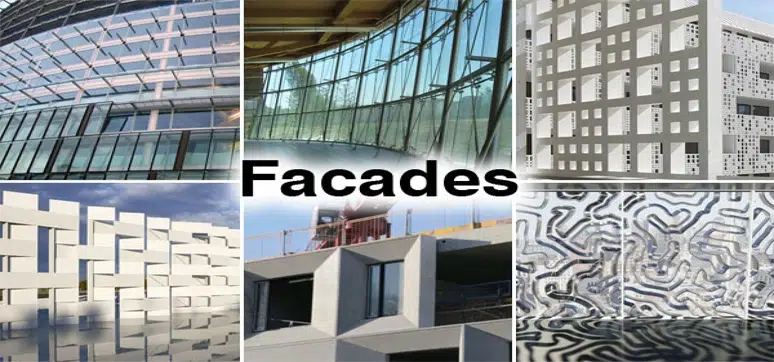
Façade Systems Market Size is Estimated to Reach USD 398.8 Billion by 2029
By: Abdul | April 16, 2024
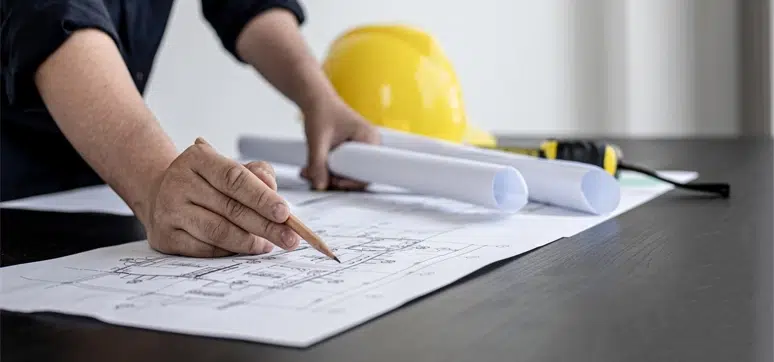
Improving Sustainability Alongside Fire Safety – Can We Deliver?
By: Abdul | April 16, 2024

Foster + Partners Wins the Competition the New Xicen Science & Technology Centre
By: Abdul | April 9, 2024

A Symbol of Architectural Brilliance & Cultural Significance
By: Abdul | April 8, 2024



